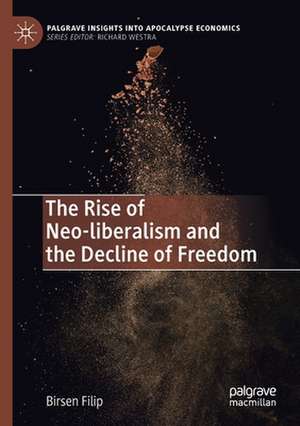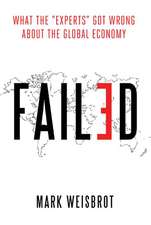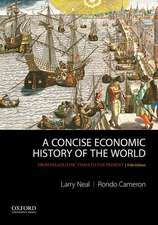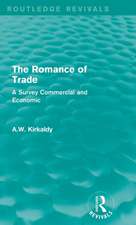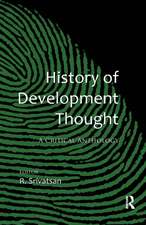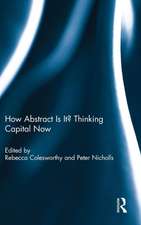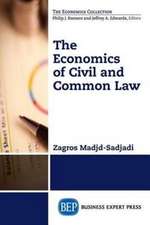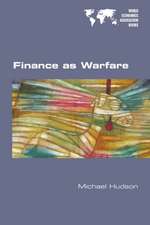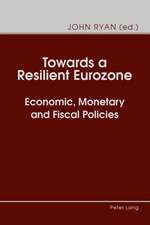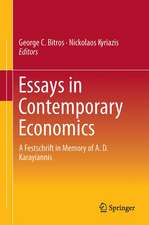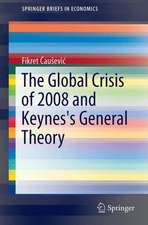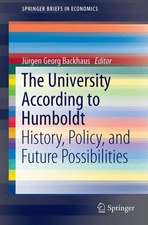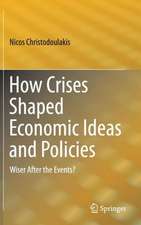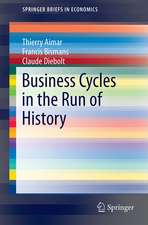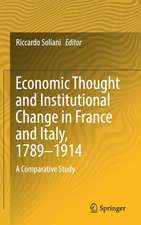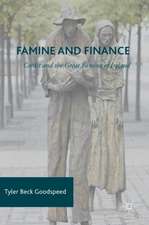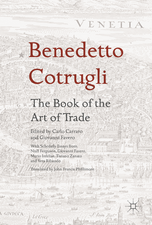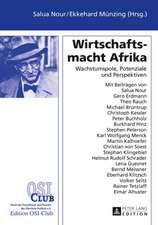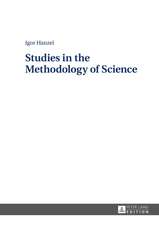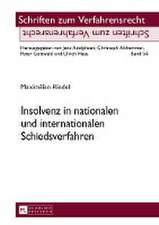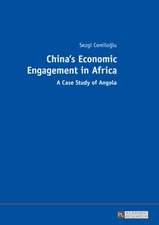The Rise of Neo-liberalism and the Decline of Freedom: Palgrave Insights into Apocalypse Economics
Autor Birsen Filipen Limba Engleză Paperback – 3 dec 2021
This book examines the relationship that prevails between the state and freedom in the works of Milton Friedman and Friedrich Hayek, as well as those of some of their peers, including Gary Becker, James Buchanan, and George Stigler. The author explains that their concept of freedom was largely derived from the principles and values of neo-liberalism. However, she maintains that neo-liberals never cared about providing the masses with genuine freedom; rather, they value freedom for its instrumental value in terms of facilitating the global spread of free-market capitalism.
The author explains that the neo-liberal concept of freedom has been a very useful tool in promoting the superiority of free-market capitalism over centrally planned economies aimed at achieving the common good. She argues that even though neo-liberals are strongly opposed to central planning, they are tolerant of state planning intended to help establish and sustain the conditionsof a free-market system. She also contends that the extensive implementation of neo-liberal reforms and policies has led to states losing their sovereignty and moving away from their traditional role of achieving the common good.
The author claims that the world has essentially become the sum of many neo-liberal societies, particularly during the last four decades. She also maintains that, throughout human history, no other ideology, school of thought, political, religious or military institution, kingdom, or empire has been as successful as neo-liberalism, when it comes to shaping people’s beliefs, ideals, goals, and lifestyle on a global scale. Unfortunately, neo-liberalism has proven to be very detrimental for civilization and the future of the planet. The author concludes that the widespread adoption of the neo-liberal concept of freedom, in combination with the pretense that economics is a natural, ahistorical and value-free science, has triggered the emergence of methodological monism, which has resulted in unfreedom and the poverty of economics, while also delaying the progress of the entire discipline.
| Toate formatele și edițiile | Preț | Express |
|---|---|---|
| Paperback (1) | 728.74 lei 6-8 săpt. | |
| Springer International Publishing – 3 dec 2021 | 728.74 lei 6-8 săpt. | |
| Hardback (1) | 733.96 lei 6-8 săpt. | |
| Springer International Publishing – 2 dec 2020 | 733.96 lei 6-8 săpt. |
Preț: 728.74 lei
Preț vechi: 888.71 lei
-18% Nou
Puncte Express: 1093
Preț estimativ în valută:
139.51€ • 145.56$ • 116.95£
139.51€ • 145.56$ • 116.95£
Carte tipărită la comandă
Livrare economică 12-26 martie
Preluare comenzi: 021 569.72.76
Specificații
ISBN-13: 9783030616250
ISBN-10: 3030616258
Pagini: 357
Ilustrații: VI, 357 p.
Dimensiuni: 148 x 210 mm
Greutate: 0.48 kg
Ediția:1st ed. 2020
Editura: Springer International Publishing
Colecția Palgrave Macmillan
Seria Palgrave Insights into Apocalypse Economics
Locul publicării:Cham, Switzerland
ISBN-10: 3030616258
Pagini: 357
Ilustrații: VI, 357 p.
Dimensiuni: 148 x 210 mm
Greutate: 0.48 kg
Ediția:1st ed. 2020
Editura: Springer International Publishing
Colecția Palgrave Macmillan
Seria Palgrave Insights into Apocalypse Economics
Locul publicării:Cham, Switzerland
Cuprins
1. Introduction.- 2. The Importance of Hayek and Friedman to the Neo-liberal Concept of Freedom.- 3. The Neo-liberal Concept of Freedom.- 4. Spheres of Government.- 5. The Rise of Neo-liberalism and Tyranny of Corporations.- 6. The Rise of Mass Consumption.- 7.The Rise of Neoliberalism and the Environmental Problems.- 8. Direction of Technological Innovation.- 9. Labor Unions and Protection of Employees.- 10. The Expansion of Global Inequality Under Free-Market Capitalism.- 11. The Rise of Neo-liberalism and the Decline of Moral and Ethical Values.- 12. The Poverty of Neo-liberalism: The Rise of Mathematical Economics and the Decline of the History of Economic Thought.- 13. Conclusion: Corporations and the Hobbesian Right to Nature under Free-Market Capitalism.
Notă biografică
Birsen Filip holds a Ph.D. in philosophy and master’s degrees in economics and philosophy. She has published numerous articles and chapters on the topics of political philosophy, geo-politics, and the history of economic thought.
Textul de pe ultima copertă
This book examines the relationship that prevails between the state and freedom in the works of Milton Friedman and Friedrich Hayek, as well as those of some of their peers, including Gary Becker, James Buchanan, and George Stigler. The author explains that their concept of freedom was largely derived from the principles and values of neo-liberalism. However, she maintains that neo-liberals never cared about providing the masses with genuine freedom; rather, they value freedom for its instrumental value in terms of facilitating the global spread of free-market capitalism.
The author explains that the neo-liberal concept of freedom has been a very useful tool in promoting the superiority of free-market capitalism over centrally planned economies aimed at achieving the common good. She argues that even though neo-liberals are strongly opposed to central planning, they are tolerant of state planning intended to help establish and sustain the conditionsof a free-market system. She also contends that the extensive implementation of neo-liberal reforms and policies has led to states losing their sovereignty and moving away from their traditional role of achieving the common good.
The author claims that the world has essentially become the sum of many neo-liberal societies, particularly during the last four decades. She also maintains that, throughout human history, no other ideology, school of thought, political, religious or military institution, kingdom, or empire has been as successful as neo-liberalism, when it comes to shaping people’s beliefs, ideals, goals, and lifestyle on a global scale. Unfortunately, neo-liberalism has proven to be very detrimental for civilization and the future of the planet. The author concludes that the widespread adoption of the neo-liberal concept of freedom, in combination with the pretense that economics is a natural, ahistorical and value-free science, has triggered the emergence of methodological monism, which has resulted in unfreedom and the poverty of economics, while also delaying the progress of the entire discipline.
Caracteristici
Provides a critique of the concept of freedom and the role of the state that prevailed in the views of Friedman and Hayek, as well as those of some of their counterparts from mainstream economics, including Becker, Buchanan, Stigler, and Knight Analyzes the relationship between the state, economic freedom, and individual freedom in the work of neo-liberal economists, primarily Friedman and Hayek Claims that the neo-liberal concept of freedom and the notion that economics is a value-free science played significant roles in limiting state actions designed to achieve the common good Argues that the neo-liberal concept of freedom, a limited state role in the achievement of the common good, methodological monism in economics, and the acceptance of economics as a value-free science significantly contributed to many of the serious problems facing the environment and contemporary society Demonstrates that an investigation of the history of economic thought, as well as the origins of certain philosophical concepts, would reveal that current efforts to attain sustainable development and integrate ethical values into economics are not novel ideas
